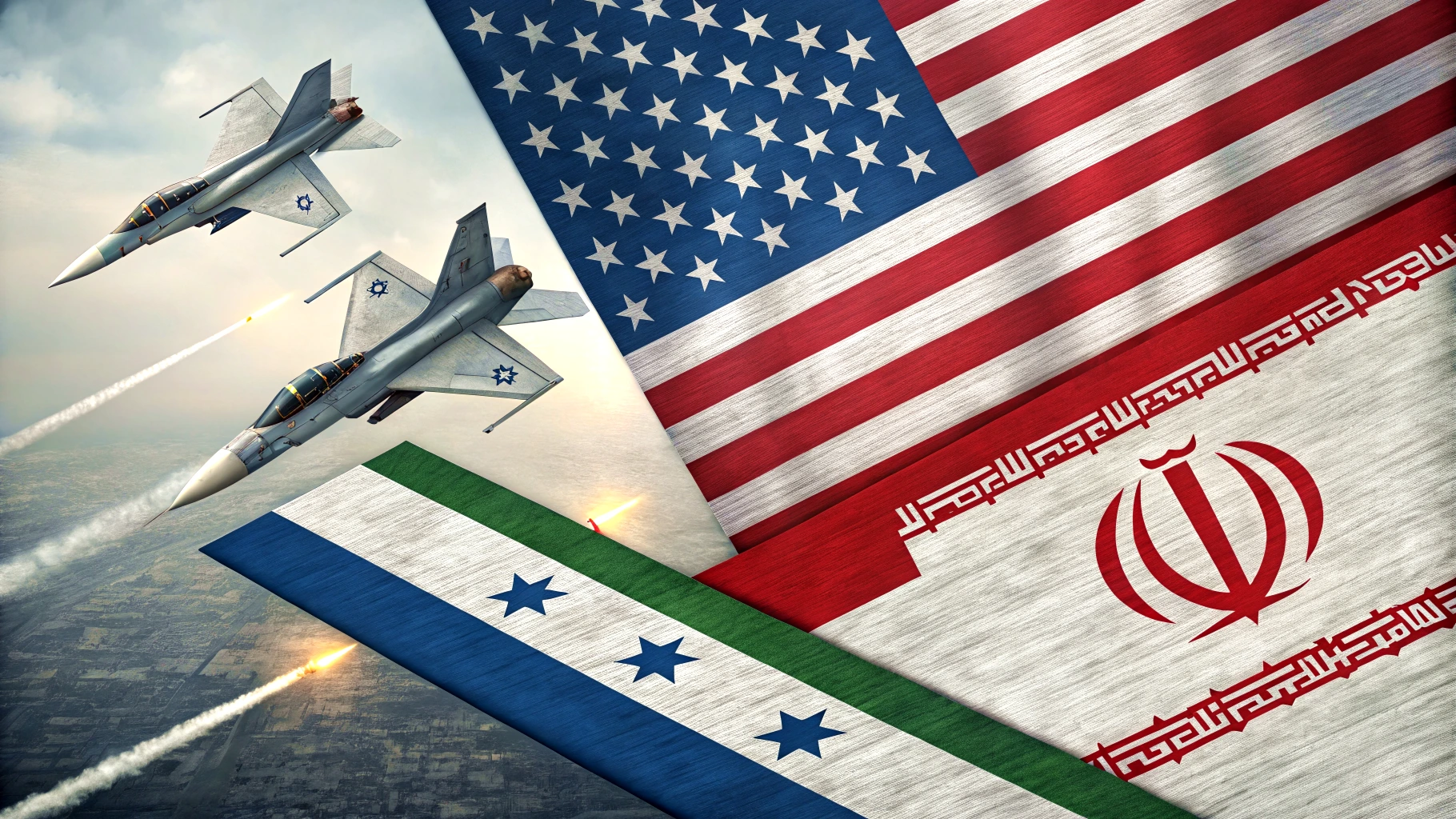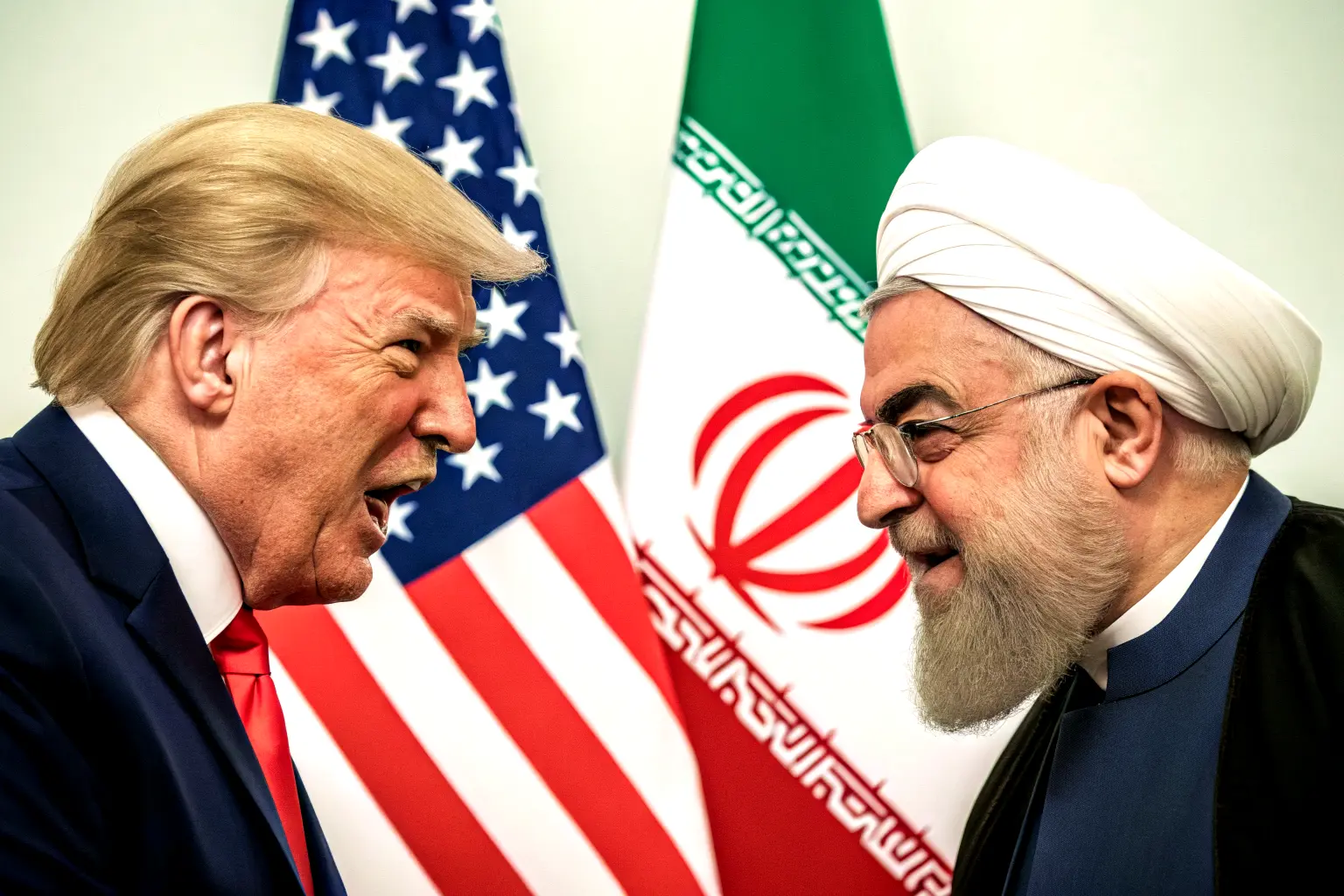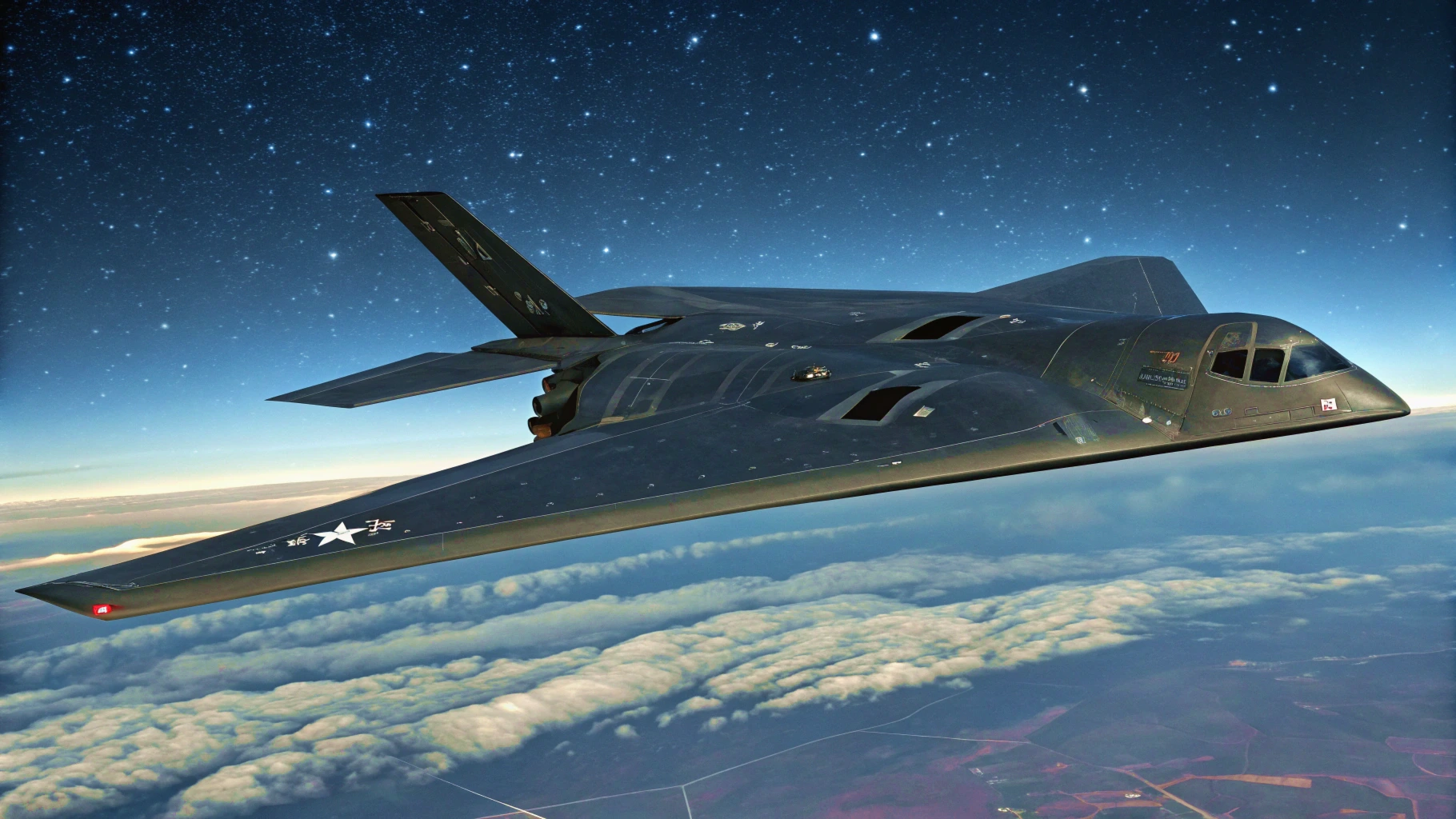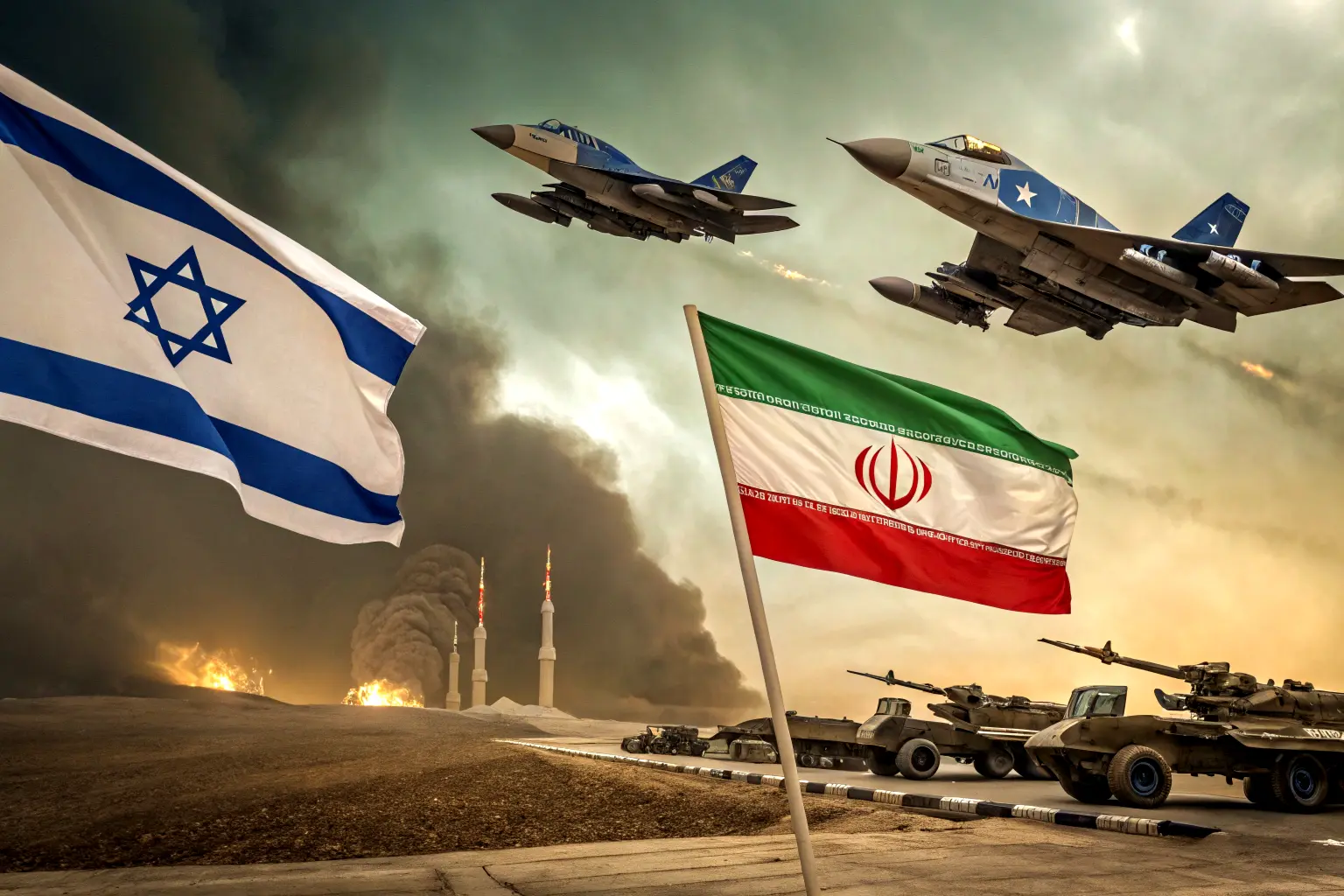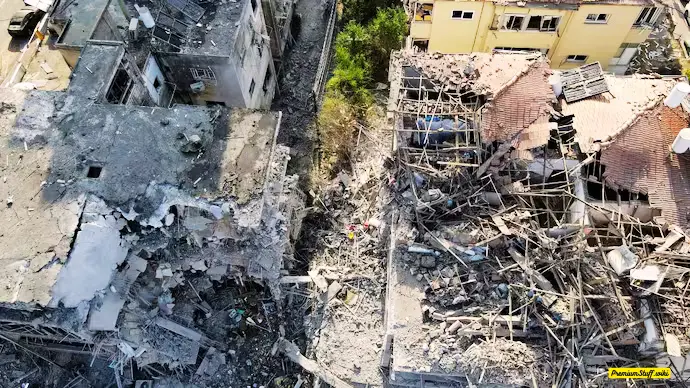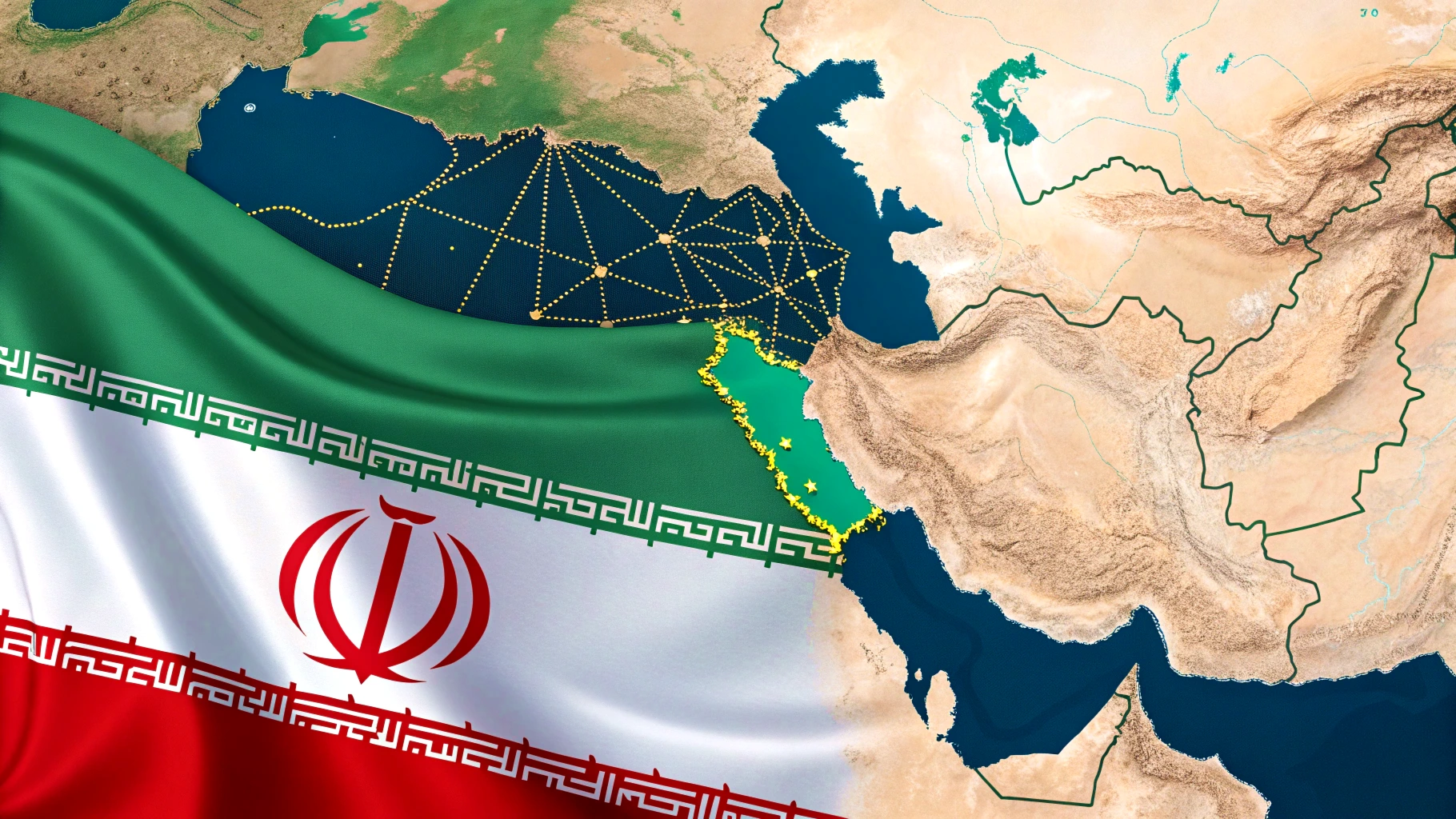Houthis Threaten U.S. Ships as Iran War Tensions Mount
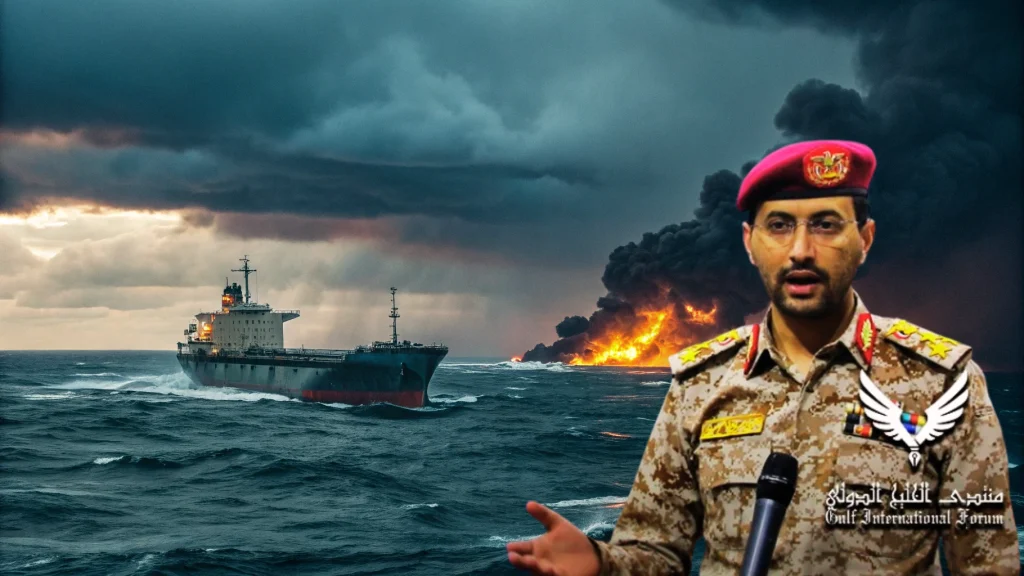
DUBAI/WASHINGTON—June 21, 2025
Yemen’s Houthi rebels delivered a chilling ultimatum to the United States on Saturday: Target American warships if Washington joins Israel’s air war against Iran. The threat echoes across the Red Sea’s vital shipping lanes as U.S. stealth bombers streak toward attack positions and Tehran warns of “danger no one can contain.”
A Fisherman’s Warning
Ali Hassan watched from his dhow near Hodeidah as Houthi fighters reinforced coastal missile batteries. “They told us to avoid the deep water after sunset,” the Yemeni fisherman said, his nets lying untouched. Hours earlier, Houthi military spokesman Yahya Saree had vowed in a televised address: “Our missiles will find U.S. warships if America attacks Iran.” The warning shreds a fragile May ceasefire that paused Houthi attacks after U.S. airstrikes killed over 200 fighters.
Iran’s Red Line
In Istanbul, Iranian Foreign Minister Abbas Araghchi faced cameras with steel-edged resolve. “American involvement would be very, very dangerous for everyone,” he declared, dismissing European ceasefire proposals as “fantasy scripts.” Behind closed doors, diplomats revealed Tehran demands an unconditional halt to Israeli strikes before discussing its nuclear program—a nonstarter for Jerusalem. The stalemate deepens as U.S. B-2 Spirit bombers, loaded with 30,000-pound “bunker-buster” bombs, fly toward Diego Garcia, placing Fordow’s mountain fortress in their crosshairs.
The Stealth Bomber Gambit
Six ghost-gray B-2s roared out of Missouri’s Whiteman Air Force Base before dawn Saturday, their bat-wing silhouettes captured by aviation trackers. Reduced fuel loads signaled heavy munitions—likely GBU-57s designed to shatter underground complexes. “When you move half your stealth bomber fleet, you’re not bluffing,” a Pentagon source confided. The USS Nimitz carrier group now races toward the Persian Gulf while F-35 squadrons land in Qatar, completing a military vise around Iran.
Red Sea Tinderbox
The Houthi threat strikes at global commerce’s jugular. Twelve percent of world trade flows through the Red Sea, where just last winter Houthi attacks:
- Forced shipping giants like Maersk to reroute around Africa
- Spiked oil prices by 18% overnight
- Paralyzed Suez Canal traffic for weeks
“If they mine these waters now,” warned Dubai logistics chief Nadim Hassan, “it won’t be a crisis—it’ll be an economic heart attack.”
Regional Fractures Widen
- In Abu Dhabi, diplomatic adviser Anwar Gargash pleaded for de-escalation: “Closing the Strait of Hormuz sets back our entire region.”
- Turkey’s Erdogan railed against “Israel’s poison,” urging Muslim nations toward confrontation
- Russia’s Putin volunteered to mediate while echoing Iran’s nuclear denials
Meanwhile, Israel intensifies its air campaign. “We’ve shattered their missile networks,” claimed an Israeli commander after 1,000+ sorties, though satellite imagery shows Iranian forces dispersing surviving launchers.
Two Clocks, One Deadline
President Trump now faces parallel countdowns:
- The Military Clock: B-2s will be strike-ready by July 1
- The Diplomatic Clock: Oman mediates last-ditch talks set to expire July 4
In the White House Situation Room, advisors reportedly clash over intelligence suggesting bunker-busters may not destroy Fordow’s deepest tunnels. “If we fail, we hand Iran victory,” argued one general during a marathon Saturday briefing.
The Human Cost
For sailors aboard the USS Carney—a destroyer now patrolling the Red Sea—the Houthi threat transforms routine drills into life-or-death preparations. “Every radar blip makes your spine stiffen,” said Petty Officer Marcus Reed via satellite phone.
In Tehran, grocery store owner Parvaneh Rahimi stocks extra rice and medicine. “The bombers worry us,” she admitted, “but starvation if the sea closes? That terrifies everyone.”
As ghostly B-2s refuel over the Pacific and Houthi missile crews scan horizons, the world holds its breath—knowing one presidential decision could ignite oceans and deserts alike.

